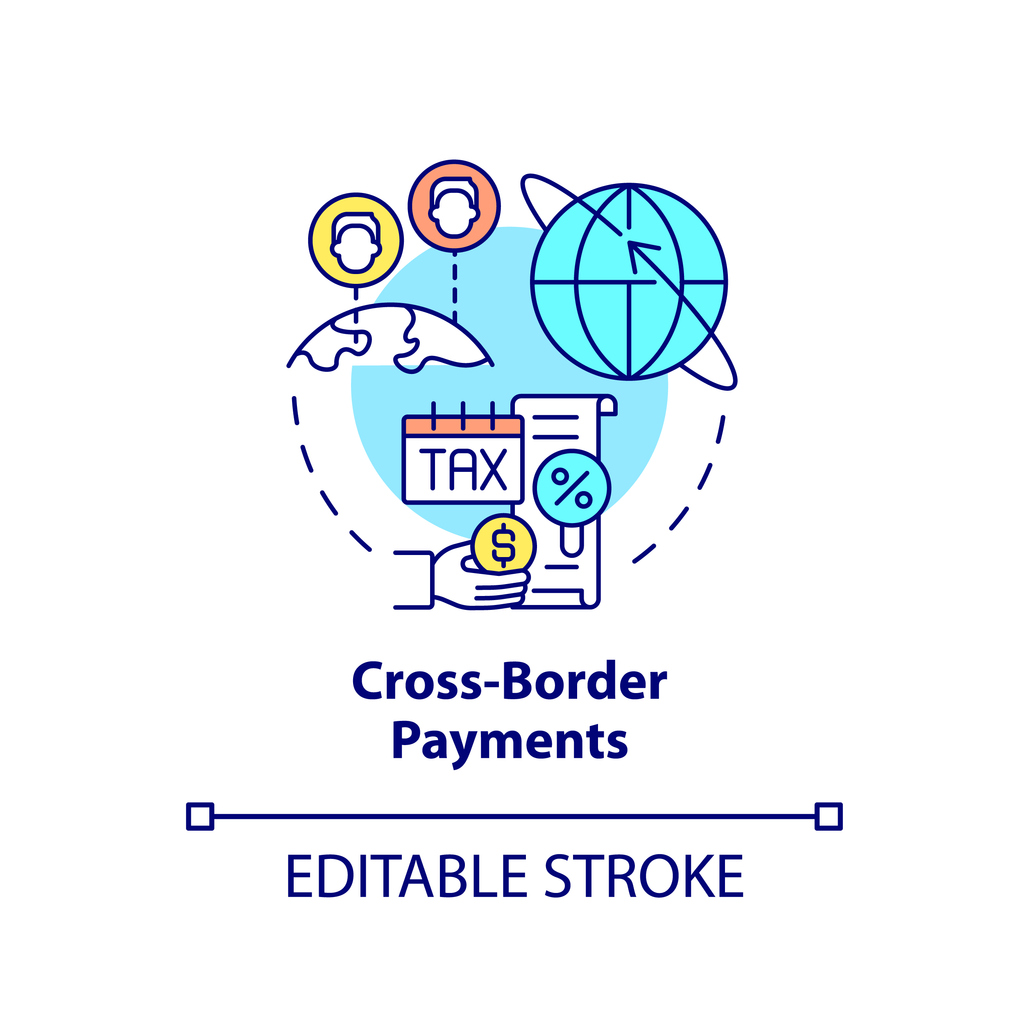The Role of a Commodity Analyst in Today’s Global Supply Chain
In a world where supply chains shift overnight and prices fluctuate with every market shock, the role of a commodity analyst has never been more essential. For businesses operating across Africa—importers, exporters, wholesalers, and large-scale distributors—accurate commodity insights can mean the difference between growth and costly delays.
A commodity analyst evaluates market trends, trade flows, price movements, and geopolitical risks to forecast future availability and cost of essential goods. This information helps companies plan strategically, secure stock efficiently, and protect profit margins. At Wigmore Trading, these insights shape the way we source, store, and deliver high-demand products across Nigeria, West Africa, and international markets.
Why Commodity Analysis Matters for African Supply Chains
African markets are deeply connected to global commodity cycles. Whether it’s wheat, sugar, edible oils, fertilisers, or consumer packaged goods, shifts in global production can immediately affect local prices and availability.
A skilled commodity analyst helps businesses:
-
Forecast price movements by tracking international markets.
-
Identify sourcing risks such as seasonal shortages or port disruptions.
-
Negotiate better deals using data-driven insights.
-
Plan long-term purchasing strategies that reduce volatility.
For companies navigating unpredictable logistics and currency fluctuations, these insights are critical. Wigmore Trading integrates detailed commodity analysis into every procurement decision to ensure our clients receive consistent supply at competitive prices.
Key Responsibilities of a Commodity Analyst
A commodity analyst draws from a wide range of data sources—market reports, government statistics, futures markets, global news, and production forecasts. Their work typically includes:
1. Market Monitoring and Trend Analysis
Commodity analysts track global indicators daily. For example, weather patterns in major grain-producing countries, changes in OPEC output, or logistical issues at major shipping routes can all influence prices. Monitoring these factors allows analysts to identify potential shortages early.
2. Price Forecasting and Risk Assessment
Using models, historical data, and real-time market movement, analysts project short- and long-term price trends. Businesses rely on this insight to identify the best purchasing windows and avoid unexpected cost increases.
3. Supply Chain Evaluation
Analysts look beyond market data to assess logistical challenges. Port congestion, strikes, customs delays, or currency volatility can all change the cost and timing of delivery. At Wigmore Trading, these assessments help us maintain efficient movement of goods from supplier to final destination.
4. Reporting and Strategy Support
Commodity analysts present their findings in clear, actionable reports. These insights support procurement planning, contract negotiations, and inventory management. Businesses that base decisions on strong analytics often outperform those that rely on guesswork.
How Wigmore Trading Uses Commodity Analysis to Support Your Business
Wigmore Trading has built a strong reputation for reliable sourcing and distribution across Nigeria and West Africa. Our in-house expertise ensures that every transaction—whether importing consumer goods or exporting agricultural products—is backed by careful analysis.
Here’s how our data-driven approach benefits you:
-
Stable supply even in volatile markets: We monitor global shifts to secure products before shortages occur.
-
Competitive pricing: Market intelligence helps us purchase at the right time.
-
Reduced operational risk: Early insights allow us to build contingency plans.
-
Efficient logistics: We evaluate routes, storage options, and customs processes to prevent delays.
Whether you’re sourcing FMCG items, raw materials, or agro-commodities, Wigmore Trading can help you plan smarter and move goods more efficiently.
Why Businesses Trust Data-Driven Procurement
Companies across Africa increasingly rely on market intelligence to stay competitive. A commodity analyst adds structure and clarity to purchasing decisions, helping businesses avoid unnecessary exposure to global volatility.
For those looking to optimise their sourcing strategy, partnering with a supplier that integrates commodity analysis—like Wigmore Trading—provides a major advantage.
Contact Wigmore Trading today to streamline your sourcing and secure reliable access to the products you need.








Comments are closed.